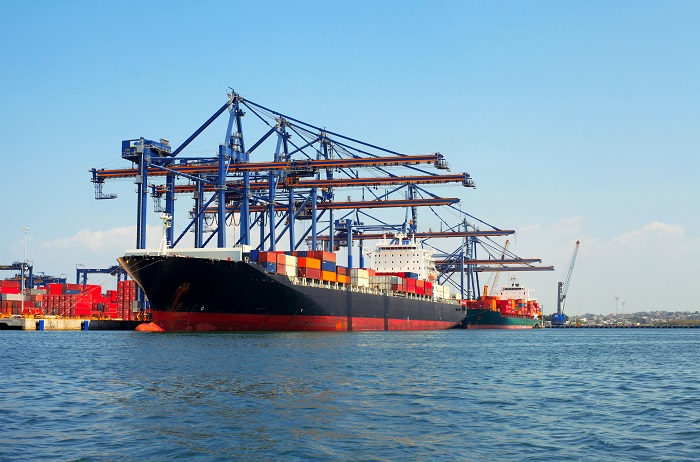
India is expanding its radio-frequency identification (RFID) technology-enabled container tracking service to more terminal locations, aided by Japanese technological assistance that has proved to be a key driver of supply chain efficiency at Jawaharlal Nehru Port Trust (JNPT).
RFID service provider DMICDC Logistics Data Services (DLDS) last week announced the launch of its operations at the southern ports of Krishnapatnam, Kattuppalli, and Ennore, as well as JNPT’s new facility built by PSA International, named Bharat Mumbai Container Terminal.
The RFID tagging and tracing procedure, which is also operational at Adani Group-owned minor west coast ports of Mundra and Hazira, enables exporters and importers to track goods in transit through the port to inland container depots, container freight stations, and to end-users, thus lowering logistics costs, due to improved predictability and optimization of cargo flows.
The expansion brings the number of ports in the logistics data bank (LDB) network to six, according to a government statement.
“Data is going to be invaluable to economic activity in the coming years; and projects like LDB that collect, process, and convert data into value-added service are important for our future growth,” Indian Commerce and Industry Minister Suresh Prabhu said, speaking at the launch event.
The trio of privately operated Krishnapatnam, Kattuppalli, and Adani’s new terminal at the port of Ennore are slowly but steadily eating into publicly owned Chennai Port’s market share, and expected productivity improvements from the new technological application could accelerate that trend.
DLDS, a joint venture between India’s National Industrial Corridor Development and Implementation Trust and Japan’s information technology firm NEC Corporation, began operations in July 2016. The company is said to have processed 5.5 million export-import containers since then along the western corridor.
The idea of an integrated logistics network was prompted by industry reports that container volumes through major west coast ports would grow dramatically, following completion of the Delhi-Mumbai Industrial Corridor (DMIC), also an Indo-Japan partnership initiative.
Officials said the RFID system is one of several ease-of-doing-business measures the government has rolled out to transform existing ports and make them comparable to the “best in the world,” and said Japanese companies have played a major role in those efforts in the wake of closer bilateral ties between the two nations.
“As the first commercialized project under DMIC, we expect LDB to help cut down transportation delays and make India an attractive destination for Japanese companies,” they said.
Officials also said they are weighing a plan to provide similar tracking services for bulk cargo movements at various ports. “We will use the existing LDB infrastructure and synergize with various other initiatives by the Indian government to bring in efficiencies across the logistics sector through the use of information technology.”
In addition to large-scale investments in the modernization of transport infrastructure under the Sagar Mala port-led development plan, the implementation pace of technology-based logistics processes has quickened in India. To that end, customs authorities are in the process of using RFID sealing tags for factory-stuffed exports. Officials hope the technology push will build on existing modernization momentum — which helped India jump 30 spots on the World Bank’s latest ease-of-doing-business global survey.






